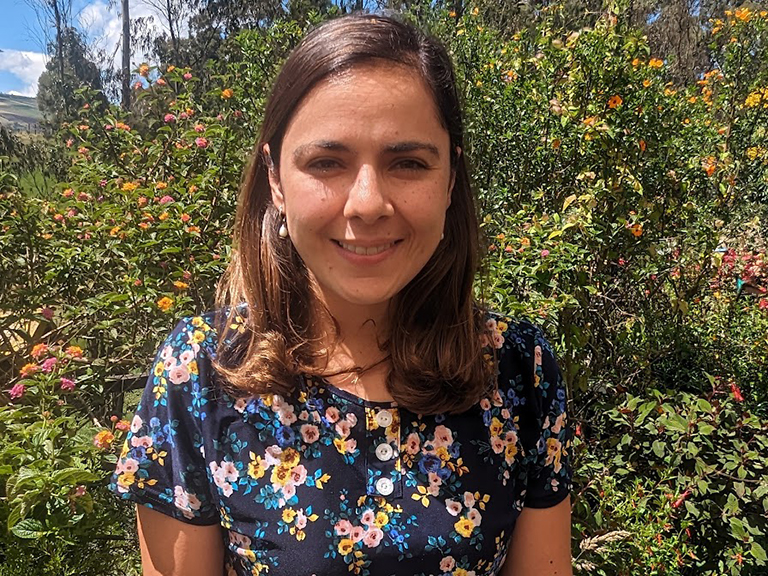Jimena González-Ramírez, Ph.D., a Manhattan College associate professor of economics and finance in the O’Malley School of Business, has been awarded two grants totaling $56,365. Those grants are part of a larger $600,000 from the National Science Foundation (NSF) and the CSWEP-SSRC Women in Economics and Mathematics Research Consortium for her project, “Diversifying Economics in the Undergraduate Classroom: Plug and Play Video Modules with Diverse Role Models, Relevant Research and Active Learning.” The project is designed to increase the numbers and success of women and other historically underrepresented groups in the economics profession. The two-year grants begin in January 2024. 
The project builds on evidence from the STEM education literature that active, engaging instructional techniques, including those using media, improve student performance and provide even greater benefits to students from underrepresented groups. The intervention which the team will create and evaluate, utilizes plug and play modules featuring diverse economists discussing their timely and policy-relevant research. At the core of this intervention is a series of professionally produced videos with accompanying research and curricular materials. The grant targets undergraduate economics courses.
“I am thrilled to have received these grants to support this important project and to collaborate with this terrific team,” said González-Ramírez. “I believe that economics is a vital subject for all students to learn, and I am committed to making it more inclusive and engaging for everyone. This project will allow us to develop and test a new intervention that has the potential to make a real difference in the lives of our students.”
Student impacts will be measured using econometric analysis of pre- and post-surveys of the student participants and institutional data on their continuation in economics. This project will assess whether an intervention that introduces gender-related material into economics courses improves women students’ sense of relevance and belonging, test scores and continuation in additonal economics and mathematics classes.
Gonzalez-Ramirez said the project will be especially helpful for diverse students and improving their perceptions about economics. The goals are to also build a student’s sense of belonging, economic identity and self-efficacy, persistence and retention in economics.
González-Ramírez will be collaborating on this project with researchers from Salisbury University, Valdosta State University, Williams College, the University of West Georgia and the University of Louisville.